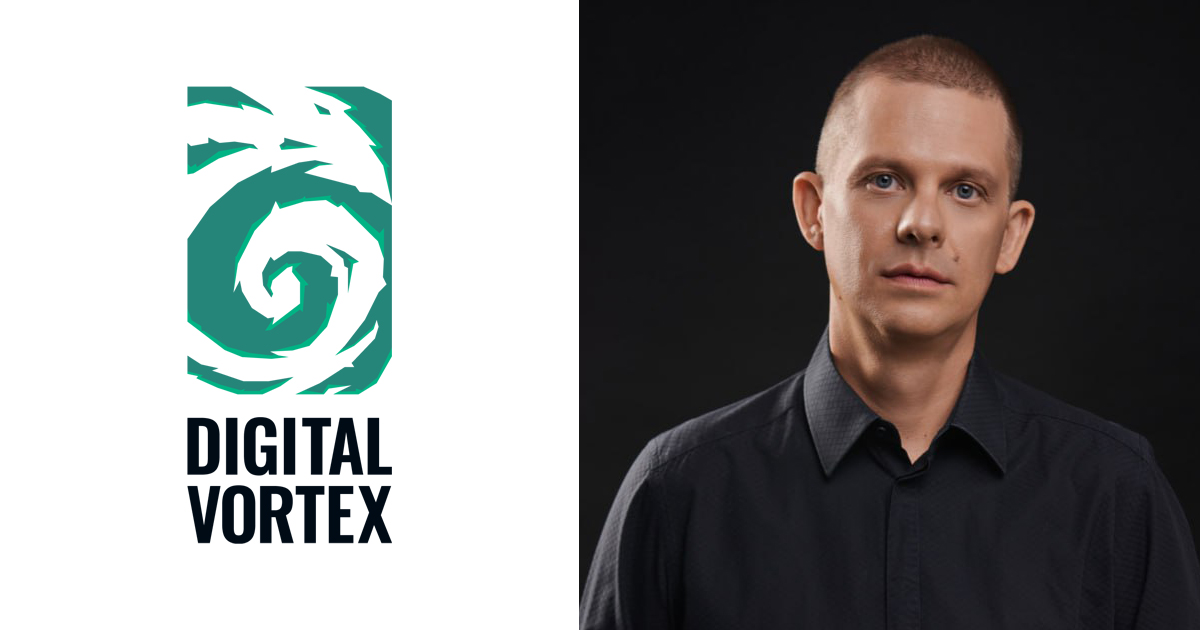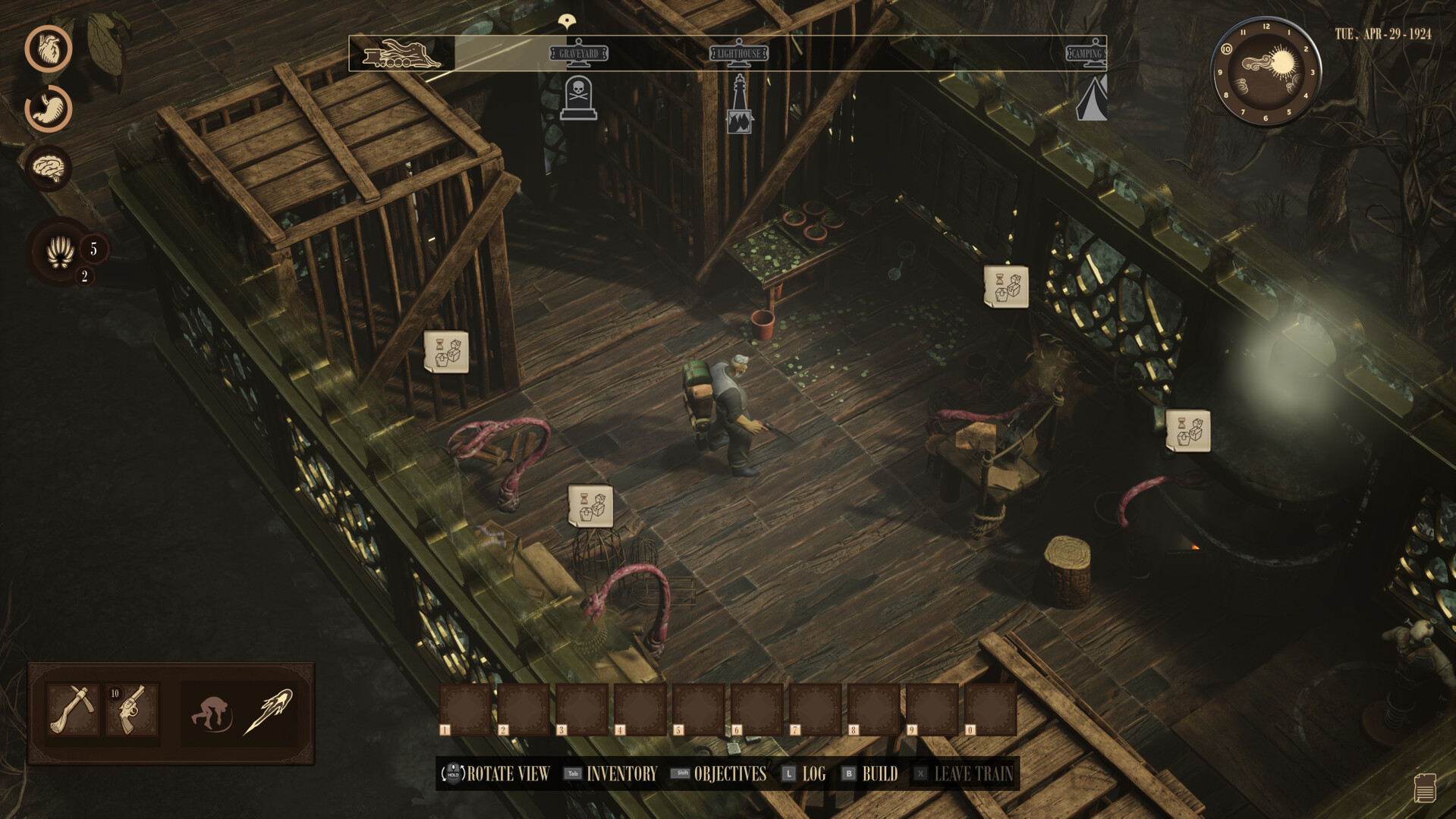"We’ve observed a shift toward niche specialization": Digital Vortex's Alex Izotov on publishing market in 2024 and beyond
We continue our review of 2024 together with top managers and experts from the games industry (and related fields). Up next is an interview with Alex Izotov, CEO of Digital Vortex.

How was 2024 for Digital Vortex? What achievements would you like to highlight?
2024 marked the founding year of Digital Vortex Entertainment. As a small team of seasoned professionals, we set ambitious goals for ourselves. Over the past year, we built our core team, held countless meetings with partners, and reviewed hundreds of projects. As a result, we announced our debut project, RailGods of Hysterra by Troglobytes Games, and conducted its first public playtest. We are flattered by the players’ feedback and firmly believe that listening to our audience and selecting projects that match their tastes is crucial. These are our first steps toward establishing Digital Vortex Entertainment as a leading European indie publisher.

RailGods of Hysterra
How has the publishing market changed over the past year?
2024 hasn’t seen major shifts; instead, it reflected the continuation of trends set in previous years. The market remains oversaturated. New development teams have become more aware of industry dynamics, increasingly following genre trends rather than relying solely on internal ideas. At the same time, many people comment on the oversaturation of game publishers as well.
We’ve observed a shift toward niche specialization — publishers focusing on specific genres, formats, or even narrative conventions such as settings or source material. This has led to a rise in narrowly specialized publishers. At Digital Vortex Entertainment, we remain committed to our founding principle: publishing games we’d love to play ourselves and partnering with studios whose values and vision we find genuine and ambitious.
One of our core philosophies is staying unattached to a particular genre or direction. Whether it’s a survival game, real-time strategy, or horror, if a project resonates with the DVE team, we will engage in negotiations with the studio. Another key aspect for us is whether the studio is ready to collaborate closely with us on their product. If we propose a partnership, it’s because we’re confident in our ability to enhance the product and meet the expectations of players in that niche.
Has your approach to working with developers changed? Have developers themselves evolved?
This year, we attended numerous industry events. While all were interesting, I’d particularly highlight exhibitions in Asia and Poland.
As for broader trends, we’ve observed a growing quality in games from China and South Korea. This year has shown how these regions significantly outperformed Western games in the same genres, sometimes using outdated understandings of game mechanics. Look at what China and Korea showcase at game exhibitions: high-quality games developed by creators who have studied the market and audience preferences meticulously. In my opinion, their perspective is sharp and “grounded,” which is often lacking in teams from other countries.
What trends in game publishing do you expect to intensify or emerge in 2025?
There are a few directions that are difficult to characterize definitively at this stage.
AI is advancing rapidly — it can replace many tools in game production and marketing. However, its current development stage is polarizing. The games industry has yet to adapt to this shift, swinging between extremes: some ban AI-generated content outright, while others have entirely restructured their production around the technology. I think it will take a few more years for this topic to lose its edge.
Additionally, the cost of failure for major publishers has become so high that a single underperforming project can spell the end for a studio that spent over three years developing it. Publishing AAA games has always been risky, but the reasons for failure have changed. Many have chased trends — or what they perceived as trends — only to discover that players are less receptive to radical changes in familiar concepts. You can create an expensive game with stunning visuals, but if it misses the mark on player expectations, you end up with something like Concord.
One solution is to test projects early and often during development. This grounds development teams and helps them better align with audience expectations.
What are the company’s plans for 2025?
We will kick off next year with major announcements, including new project signings, and we’re eagerly anticipating the release of RailGods of Hysterra. Our focus will remain on signing high-quality projects that meet our internal selection criteria. At the same time, we’ll continue to adhere to our core belief that only close collaboration with studios and healthy partnerships can lead to success. In other words, we plan to expand our portfolio and launch new projects while staying true to our values.